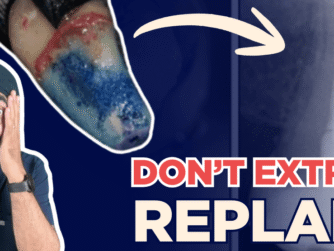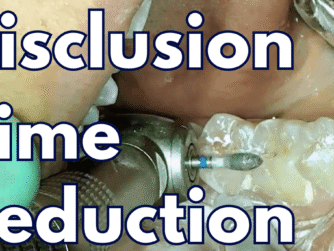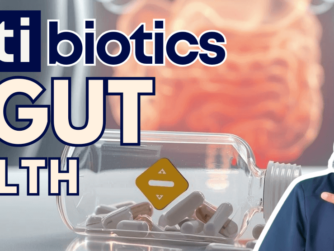Podcast: Play in new window | Download (Duration: 40:50 — 58.5MB)
Subscribe: RSS
Hear how Aidan went from anxious about exodontia to now feeling confident and enjoying his oral surgery list.
We cover the themes of career progression, overcoming procedural fears and decision making early in our careers.
At the end, Aidan shares a clever way to deliver saline when washing out sockets!
Highlights of this Episode:
00:00 Intro
01:47 Imposter Syndrome
02:45 Aiden’s Story
05:16 Daunting Experiences with Stubborn Canine
06:48 How Aiden would approach things now
07:33 Dental Pearl – 6 second rule
09:56 What happened during COVID?
18:08 After the Ipswich post, what happened?
25:04 Aiden’s advice for young dentists
29:53 Lesson about photography
35:13 Whole tooth extraction vs. sectioning?
36:26 Sectioning School
39:31 Outro
Check out Sectioning School and the entire collection of masterclasses for just $450
Check out the First Video of Sectioning School for Free:
Occlusion Online Summer Sale – £100 OFF Expires 3rd June







